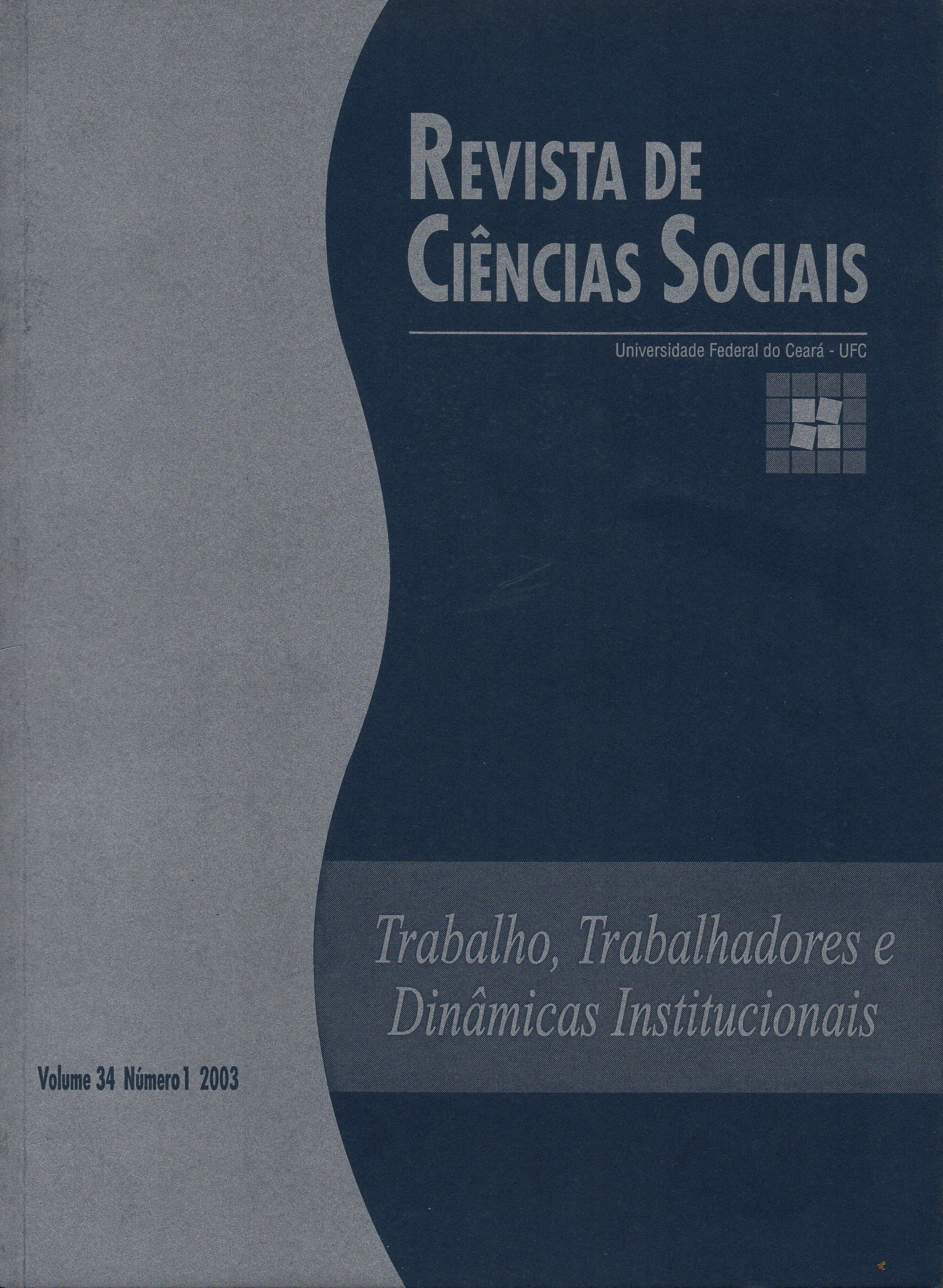DO WORKERS READ?
Abstract
The article talks about the social reading practices and the reading experiences in the sphere of the work as a way of cultural and political mobilization. It approaches in several social historical contexts, how workers appropriated and recreated the content of their readings, how they became readers. Ether in the revolutionary France in the XVIII century, Cuba in the XIX century or Brazil, the text empathizes the working press - such as printed word or oral vehicle- as result of the effort of the intelligibility of the word and the search for effectiveness in disseminating contents straightly associated to its organizational, pedagogic and doctrinaire purposes. The author finds out in the self-biographic writings of the militants ones, passages where narratives present a reading effort, searching for the knowledge as remarkable memories. The worker's readings are seen as expression of self formation content of the militants and as a modified social practice of thought or action, including, not only the book's and author' selection, but also the inauguration of urban spaces as public places of discussion and socialization. In this case, it appears the bookshops, squares, coffees, and small stores that constitute the geography of the progressives and libertarian people of Fortaleza since the XIX century.
Downloads
Published
How to Cite
Issue
Section
License
Autores que publicam nesta revista concordam com os seguintes termos:- Autores mantém os direitos autorais e concedem à revista o direito de primeira publicação, com o trabalho simultaneamente licenciado sob a Creative Commons Attribution License, que permite o compartilhamento do trabalho com reconhecimento da autoria do trabalho e publicação inicial nesta revista.
- Autores têm autorização para assumir contratos adicionais separadamente, para distribuição não-exclusiva da versão do trabalho publicada nesta revista (ex.: publicar em repositório institucional ou como capítulo de livro), com reconhecimento de autoria e publicação inicial nesta revista.
- Autores têm permissão e são estimulados a publicar e distribuir seu trabalho online (ex.: em repositórios institucionais ou na sua página pessoal) a qualquer ponto antes ou durante o processo editorial, já que isso pode gerar alterações produtivas, bem como aumentar o impacto e a citação do trabalho publicado (Veja O Efeito do Acesso Livre).



